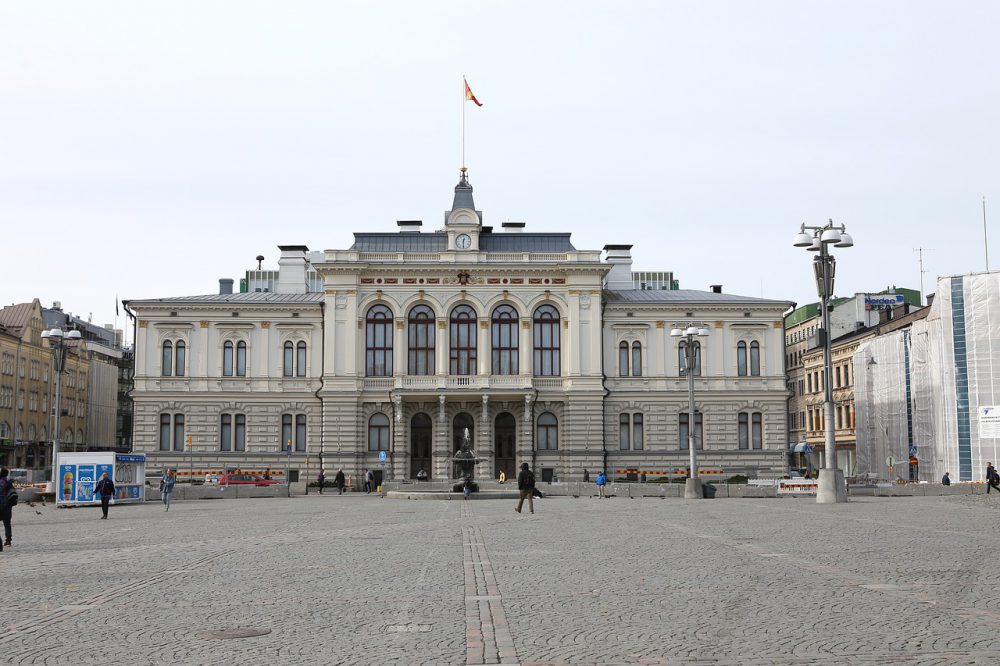A new study is highlighting how rising temperatures in freshwater lakes are causing climate change through rising greenhouse gases. The study was conducted by the University of Cambridge.
A University of Cambridge has found out that climate change is likely to increase the amount of greenhouse gases contained in freshwater lakes. The study found out that rising temperatures in these lakes increases the amount of methane and carbon dioxide by an average of 1.5 to 2.7 times.
They termed this phenomenon as a ticking bomb, which could double as a result of climate change. The study was published in Proceedings of the National Academy of Sciences of the United States of America (PNAS). The findings simulated the effects of climate change on freshwater lakes in Ontario, Canada.
Impact of rising temperatures on climate change
The study highlights the delicate aquatic ecosystem and how it could be negatively impacted by climate change. Dr. Andrew J Tanentzap, Head of Ecosystems and Global Change at the University of Cambridge, highlighted this by saying, “There is this incredibly diverse and invisible chemical world in the environment. It’s all under the water, and we don’t see it.”
He continued by highlighting the complex nature of the chemical life in these lakes. He said that the organic matter in the lakes was, in fact, thousands of different chemical compounds. When these chemicals were exposed to higher temperatures, they released greenhouse gases. Any changes in temperatures would sometimes result in the doubling of greenhouse gases in these lakes.
The amount of greenhouse gases released by freshwater lakes, however, is not certain with scientists saying the figure may be anywhere between 8 to 75 million tonnes of methane annually. Scientists have stressed the need for more research in this area as it will help in the fight against global warming and climate change.
Dr. Andrew finished by saying that the study sheds light on the interaction of organic matter in the lakes. It also highlights the effects these interactions are having on the environment. The study, however, does not provide a global methane emission estimates for all lakes.
Featured image by Pixabay







